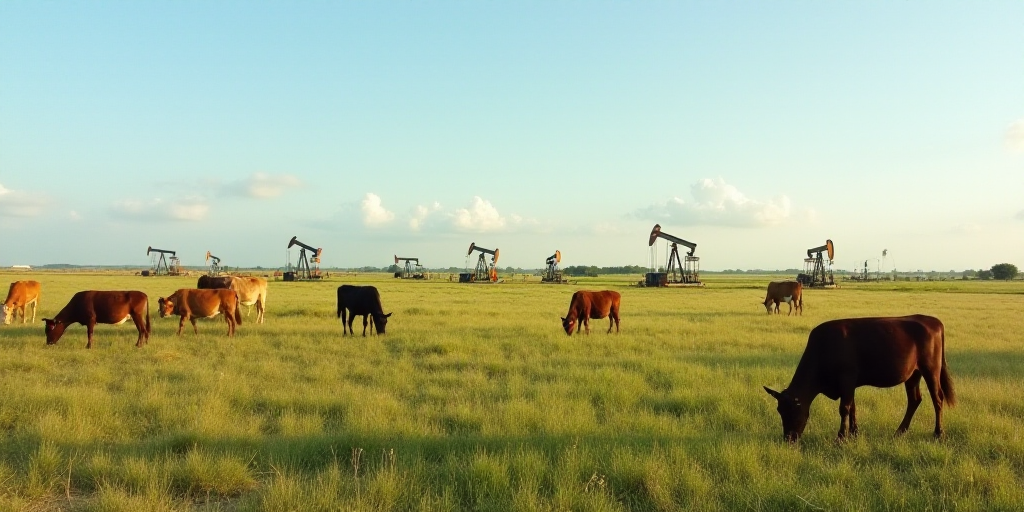Background on OPEC+ and Current Market Conditions
The Organization of the Petroleum Exporting Countries Plus (OPEC+) is a grouping of oil-producing nations, including members of OPEC and non-OPEC countries like Russia. This alliance plays a crucial role in determining global oil supply levels, influencing prices and market stability. OPEC+ meets periodically to discuss and decide on production quotas, aiming to balance supply with demand.
Who is OPEC+ and Why are they Relevant?
OPEC+, led by Saudi Arabia, accounts for roughly 60% of the world’s oil production and exports. The group’s decisions significantly impact global oil prices, affecting both producing and consuming nations. With the ongoing COVID-19 pandemic and geopolitical tensions, such as the US-China trade war, OPEC+ plays a vital role in maintaining market equilibrium.
Recent Market Developments and OPEC+ Meeting
On Friday, oil prices fell by 1%, marking their largest weekly decline since late March. Brent crude futures dropped 84 cents to $61.29 per barrel, while West Texas Intermediate (WTI) crude in the US fell 95 cents to $58.29 per barrel.
- Weekly decline for Brent: ~8.6%
- Weekly decline for WTI: ~8%
The price drop comes ahead of an OPEC+ meeting, originally scheduled for Monday but moved to Saturday. The eight participating OPEC+ countries will decide on their production policy for June, amidst concerns about increased supply from the group.
Economic Uncertainty and Market Expectations
Market participants are wary of a potential economic slowdown due to the ongoing US-China trade war, which has led experts to revise their demand growth projections for 2023. As a result, traders anticipate OPEC+ to increase production, further impacting oil prices.
OPEC+ Position and Market Reaction
According to Scott Shelton, an energy specialist at United ICAP, “In the market, everything revolves around OPEC, with even the trade war taking a backseat.” Saudi Arabia, the de facto leader of OPEC+, has reportedly indicated unwillingness to further cut production, as the group is already reducing output by over 5 million barrels per day.
Trade War Developments and Market Sentiment
Market participants are also cautious about the prospects of a trade war truce between the US and China. On Friday, China stated it is “evaluating” a proposal to continue talks addressing tariffs, adding another layer of uncertainty to the oil market.
Key Questions and Answers
- What is OPEC+? OPEC+ is a coalition of oil-producing nations, including members of OPEC and non-OPEC countries like Russia. The group coordinates production policies to maintain global oil market stability.
- Why are OPEC+ meetings important? These meetings determine production quotas, influencing global oil supply levels and, consequently, prices.
- What factors are causing recent oil price declines? Economic uncertainty due to the US-China trade war, concerns about increased OPEC+ production, and revised demand growth projections for 2023 have contributed to the recent oil price drops.
- What is Saudi Arabia’s stance on production cuts? Saudi Arabia, the de facto leader of OPEC+, has signaled reluctance to implement further production cuts, as the group is already reducing output by over 5 million barrels per day.






